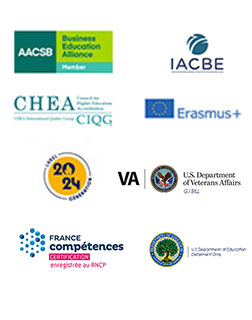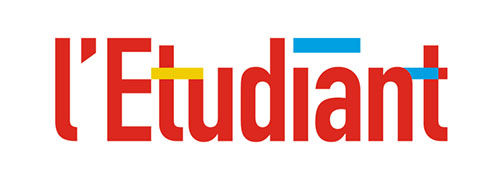
EDUCATION, ECONOMY AND POLITICAL CONTEXT IN THE MAGHREB
Since the Arab springs, a lot of water has flowed under the bridges of the Maghreb countries. From Libya to Mauritania, through Tunisia, Algeria and Morocco, radical changes have affected the region. Some political regimes collapsed, national economies faced successive crises and populations are still hoping for the better. Let’s take a look at the major transformations currently taking place in this highly strategic region.

EDUCATION IN THE MAGHREB COUNTRIES
Ensuring basic education for all children remains a key objective in the public policies of the Maghreb countries. Indeed, schooling is the best shield against illiteracy, underdevelopment and social tensions. In the Maghreb, even if the quality of education varies greatly depending on the region and social categories, progress has been made since independence, providing fairly sufficient access to basic education for all children.
Efforts to increase enrolment rates have increased from less than 20 per cent in the early 1960s to more than 80 per cent in the late 1990s. Today, access to primary schooling has become almost universal in both urban and rural areas and for both sexes. Nevertheless, the impact of schooling on the technological and economic development of these countries remains insufficient.
THE ECONOMY OF THE MAGHREB
Algeria, the largest economy in the Maghreb, was severely hit by the sharp fall in oil prices due to the health crisis, which brought the world to a standstill for several months. Subjected to the hazards of the oil market and fluctuations in the price of fossil fuels, the country is now in recession. Government revenues are expected to reach $20 to $30 billion in 2020, compared to $36 billion in 2019. Foreign exchange reserves, which are highly dependent on oil revenues, could fall to $51 billion by the end of 2020.
In Morocco, even if the country sets itself up as a model in terms of the automobile industry and energy transition, economic growth remains slow and depends on climatic hazards. The crisis linked to Covid-19 thus comes on top of the bad agricultural campaign of 2020 due to drought. According to forecast figures from the Moroccan Ministry of Agriculture, the cereal harvest has dropped to 30 million quintals, 42% less than the previous season. The High Commission for Planning forecasts a recession that will be limited to 5 or 6% in 2020, with a contraction in non-agricultural added value, particularly in the industrial sector, construction and tourism.
Tunisia, for its part, is doubly affected by this global health crisis given its complicated economic situation, according to the World Bank. The latter stresses in its latest economic newsletter about the MENA region (Middle East and North Africa) that the country “has twin deficits and high debt and limited reserve stocks, while growth is anemic, employment is stagnant and inflation is relatively high“. The financial rating agency Fitch Ratings expects the Tunisian economy to experience its sharpest contraction ever in 2020, while the current account deficit will stabilize at -9% of GDP. The blow to world trade, industry and tourism will seriously affect the Tunisian economy, which was already in a very bad shape before the health crisis.
THE POLITICAL CONTEXT IN THE REGION
Due to the geographical position of the Maghreb, it is directly impacted by events taking place in Europe, the Sahel and the Middle East. The Arab Spring, as well as recent political changes, particularly in Egypt and Libya, are fuelling tensions in the region. The conflict over Western Sahara between Morocco and the separatist movement of Polisario is a source of permanent tension between Morocco and Algeria and constitutes a major obstacle to the reactivation of the Arab Maghreb Union (AMU), which the leaders of the region are calling for.
Founded in 1989, the AMU aims to promote regional integration, but this goal remains unattainable because of the stalemate in the UN-sponsored peace process in Western Sahara. Moreover, the Libyan conflict further exacerbates an already fragile and tense situation, with the Tripoli government, recognized by the United Nations and supported on the ground by Turkey, on the one hand, and Marshal Khalifa Haftar, who does not recognize the Tripoli government and is supported by the United Arab Emirates, Russia and Egypt, on the other.
In both Morocco and Algeria, governments regularly face popular movements calling for political and economic change. Both countries remain reluctant to really open up the political field and are moving at a snail’s pace towards true democracy. While they manage to maintain order and avoid the Egyptian scenario, they are still struggling to initiate a real economic take-off that would absorb the tens of thousands of active people entering the labor market every year. Meanwhile, Tunisia is testing its nascent democracy and seems trapped in an endless process of political transition, in a context where the country is facing a deep economic and financial crisis. Meanwhile, civil society in the Maghreb countries remains fragile and highly dependent on state subsidies.
You are a young North African and you would like to join an American school in France that offers a great opening to the international scene and training leading to high professional qualifications? Do not hesitate to discover the programs of the American Business School of Paris!








